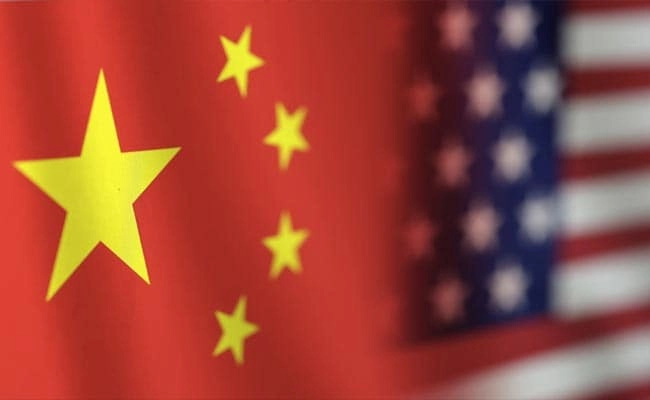Recent statements from a Chinese official suggest that China and the United States may be working towards extending the deadline for the latest round of tariffs imposed in their ongoing trade dispute. This development comes amid growing concerns over the potential economic impact of these tariffs on both nations, particularly as they navigate a complex global economic landscape. The tariffs, which have been a significant point of contention between the two countries, have affected a wide range of goods and industries, leading to a ripple effect that extends beyond their borders.
Negotiations between the two superpowers have been fraught with challenges, but the prospect of extending the tariff deadline indicates a willingness to engage in dialogue and seek a resolution. Analysts believe that extending the deadline could provide both sides with additional time to assess the implications of the tariffs and potentially reach a more comprehensive agreement that addresses the underlying issues at play. This could include discussions on intellectual property rights, trade balances, and market access, which are central to the trade tensions that have persisted for years.
The potential extension of the tariff deadline is not just a matter of economic strategy; it also reflects the broader geopolitical dynamics at play. As both nations grapple with domestic pressures and global economic uncertainties, finding common ground becomes increasingly critical. The impact of these tariffs has been felt across various sectors, from agriculture to technology, and any decision regarding their extension will likely have far-reaching consequences for businesses and consumers alike. Ultimately, the ability of China and the U.S. to navigate this complex situation will be pivotal in shaping the future of their economic relationship and the broader global trade environment.




